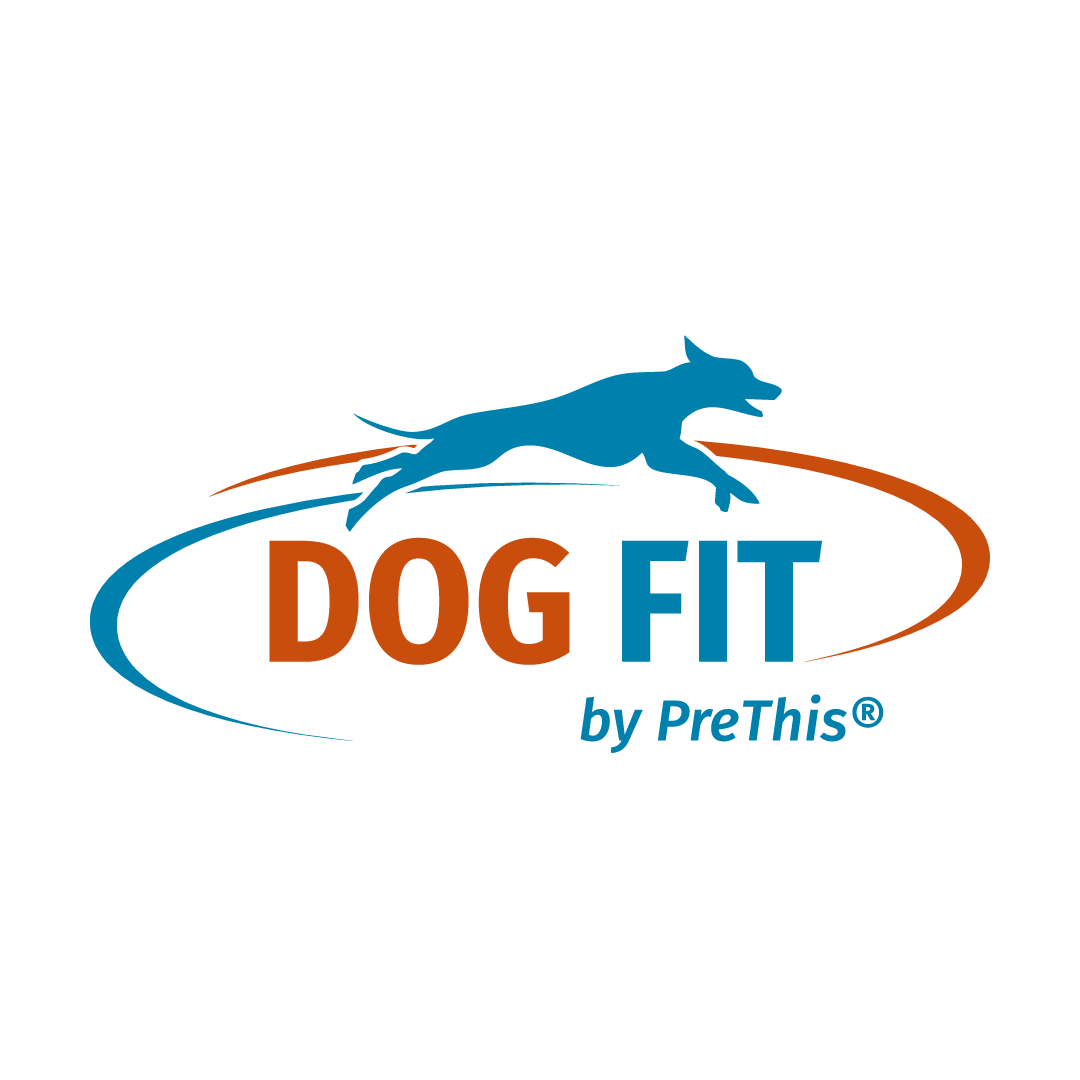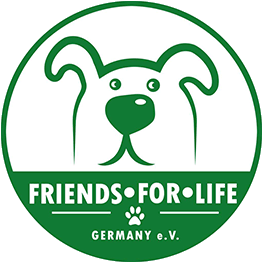 Unfortunately, many dogs experience serious skeletal developmental disorders as they grow, which are particularly a problem when the developmental disorder affects bones, which are essential for their optimal function and also for balanced linear growth. The skeletal development disorders usually occur in the early years of a young dog and result from a wide variety of circumstances. You can find out more about this in the following article.
Unfortunately, many dogs experience serious skeletal developmental disorders as they grow, which are particularly a problem when the developmental disorder affects bones, which are essential for their optimal function and also for balanced linear growth. The skeletal development disorders usually occur in the early years of a young dog and result from a wide variety of circumstances. You can find out more about this in the following article.
The genetically determined skeletal development disorders
A very large part of the disorders is occupied by malformations and growth disorders of the bones due to genetic, hereditary causes. Keyword: overbreeding! In an extremely large number of dog breeds, they occur as a result of extensive and long-term over-breeding and the resulting husbandry errors and, as a rule, veterinarians are powerless to deal with these bone development disorders. In most cases, with this type of skeletal development disorders, only the symptoms, such as pain in the joints, can be alleviated.
Developmental disorders due to nutrient deficiency
Disorders caused by a nutrient deficiency can be easily avoided in advance if the dog owner ensures that a dog is constantly supplied with all important nutrients during the growth phase and of course beyond. The minerals magnesium and calcium in particular are absolutely essential for healthy skeletal development. Therefore, the dog owner should always ensure that the dog food is fresh and species-appropriate. Industrially manufactured dog foods (90% of all foods are these) are often not suitable for a species-appropriate and healthy diet. But what do I have to pay attention to? What do the declarations on dog food really mean? Unfortunately, this is usually not apparent to the layperson. For this reason, we also offer our customers a feed check.
Metabolic-related developmental disorders
If a dog suffers from a metabolic disorder in its younger years, this can also result in maldevelopment of the skeleton. In such a case, it is of course important to regulate the metabolism, for which consultation with a veterinarian is essential. Only a healthy and highly functional metabolism can supply the growing dog’s bones with all the nutrients important for development!
Which breeds are affected?
In principle, this can occur with any breed of dog, although large and fast-growing dog breeds are generally most at risk. The German Shepherd Dog is particularly affected by genetically caused developmental disorders and many dogs of these breeds sooner or later suffer from hip joint dysplasia due to overbreeding. Panostitis also occurs in many dogs, although this disorder affects the long bones of the fore and hind legs and actually results from an oversupply of calcium.
Our recommendation: Provide your dog with high-quality food and support him at an early stage with DOG FIT by PreThis® JOINTS elements.

Every day we experience the wonders of nature with our dogs. This inspiration is the basis for our lives and our products. In our magazine we share with you our passion for these wonderful animals. Visit our socials and become part of the DOG FIT community.


Leave a Reply